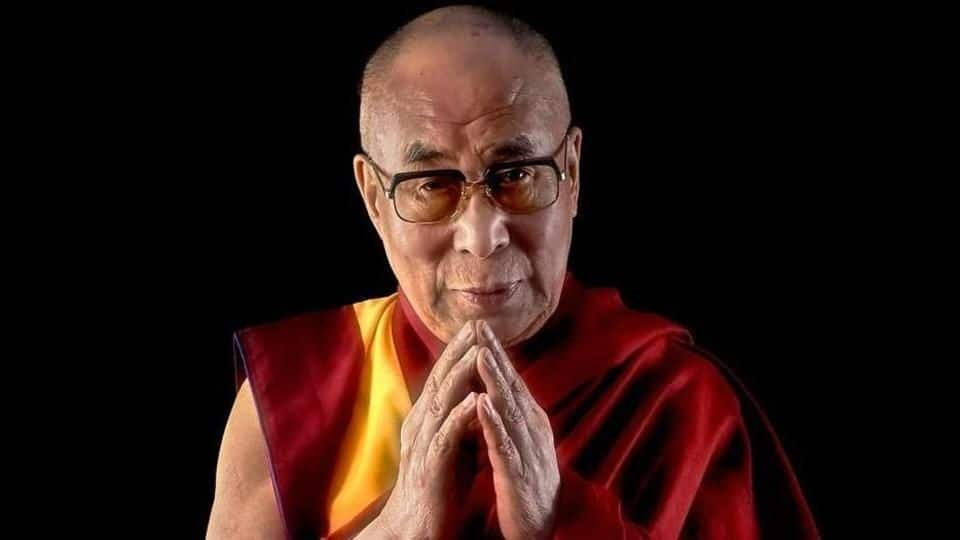
Dalai Lama: China will follow India's lead on moral education
What's the story
In today's world dominated by worrying levels of anger and violence, the Dalai Lama is a beacon of light and hope.
In an interview with the Times of India, he suggested that India should take the lead on moral and ethical education, China will follow.
He highlighted India's tradition of "ahimsa" as a means of spreading compassion.
Here are a few excerpts.
About
Who is the Dalai Lama?
The Dalai Lama is a title accorded to the spiritual leader of Tibetans.
The current Dalai Lama was born Tenzin Gyatso in Amdo, Tibet in 1935.
He fled to India in 1959 following the failure of the Tibetan uprising, fearing death from Chinese soldiers.
He is a globally-renowned pacifist and has been advocating for Tibetan people's religious freedom at various international forums.
War and peace
Use of force is outdated!
Dalai Lama referred to the horror of World War II and the series of wars that followed, and stated that violence only brings about suffering.
"Had the violence brought some good, some may have justified it but that is not the case," he stated.
"Today's reality is using force is outdated! It only gives rise to fear and negative emotions," he added.
Quote
Emphasis should be on dialogue instead
"No matter how serious the difference, we're human beings and whether we like it or not, we have to live together on this planet through dialogue," he stated. "We must try to create a peaceful century and firstly develop inner peace and wisdom," he added.
On Ahimsa
"Ahimsa" is key, it's not old, but relevant thinking
Dalai Lama said that modern India is more peaceful than Pakistan as it continues to practise its ancient tradition of ahimsa or non-violence.
He asserted that this was not "old thinking," but should rather be classified as relevant thinking.
He drew from his personal experience of practising ancient Indian knowledge and stated long-term measures for peace should be rooted in ahimsa.
Education
Education on ancient Indian tradition could be an all-out solution
Dalai Lama said that education rooted in ancient-Indian knowledge helps control emotions, including anger which leads to violence and intolerance.
He says that unlike Indian tradition which focuses on karma (action) and its consequences and training mind through meditation, the Judeo-Christian tradition is faith-based. It attributes responsibility to God than oneself.
"Ancient Indian tradition can make a better world through education," he adds.
Dalai Lama explains
How can education bring about peace?
Dalai Lama believes that "educational-institutes should include both physical/ material well-being as well as human values, morals and ethics - not through prayer, but with intelligent warm-heartedness and thought, good education and trained teachers."
He adds that it's not merely education itself but "morals and ethics" which would foster compassion.
This will, in turn, help create peaceful and happy individuals, families and communities.
Quote
Tibet could control China through Buddhism in the future!
"Many Chinese are showing genuine appreciation of Tibetans' spiritual knowledge. A few years ago, Tibetans saw writings that politically, China controls us. Eventually in the future, with Buddhism, we could control China. Yes, this is possible!" Dalai Lama stated on a cheerful note.